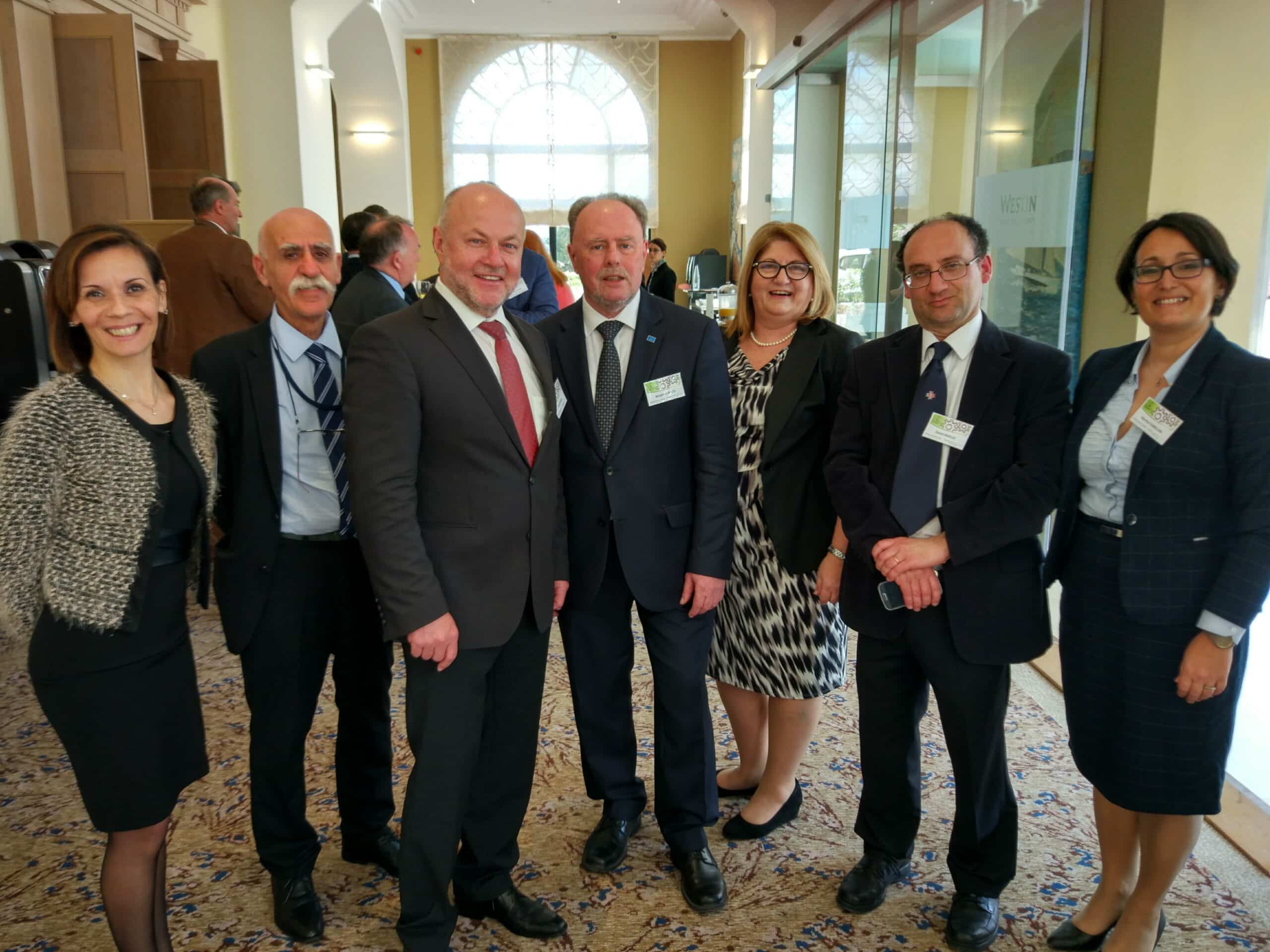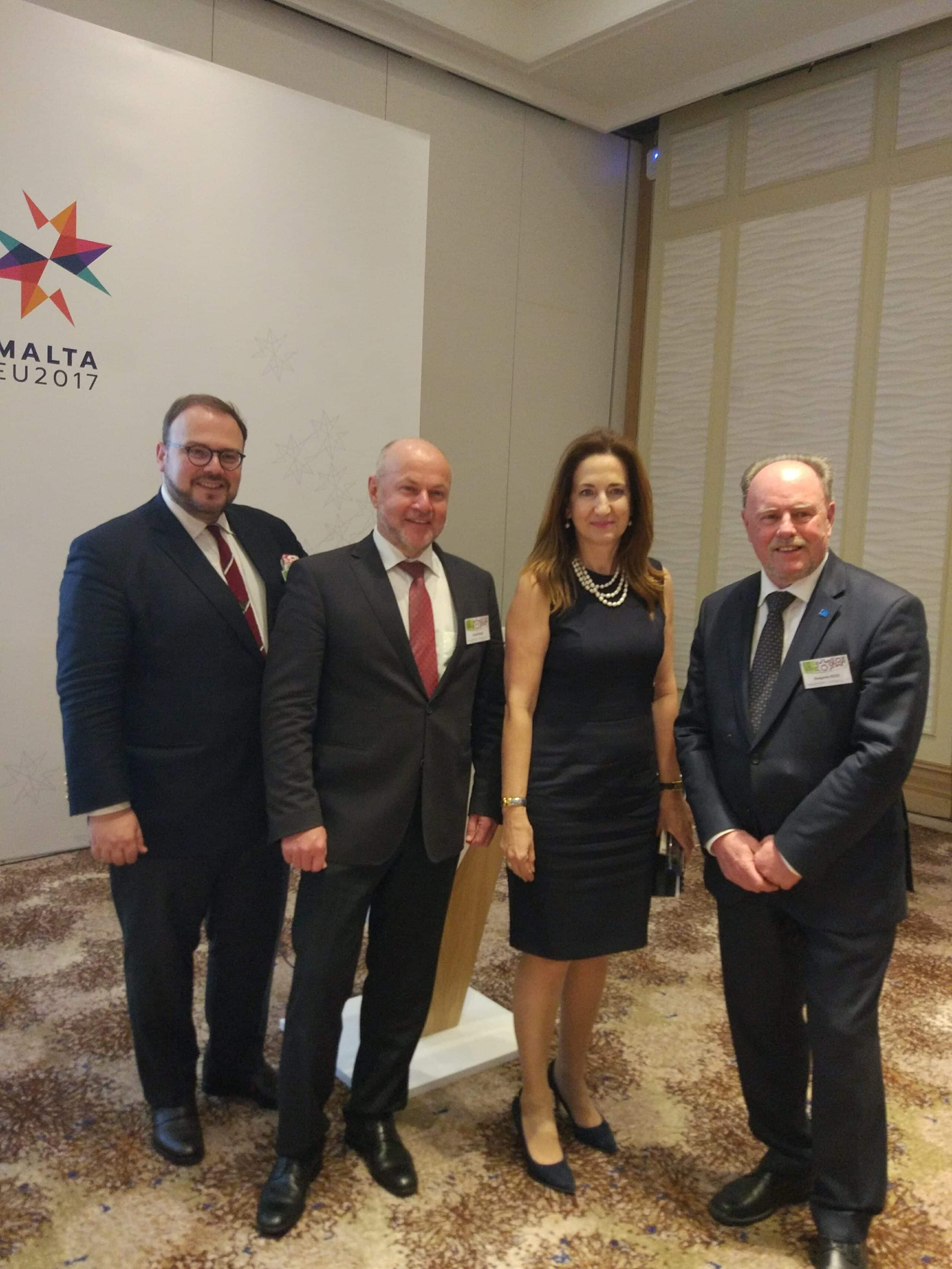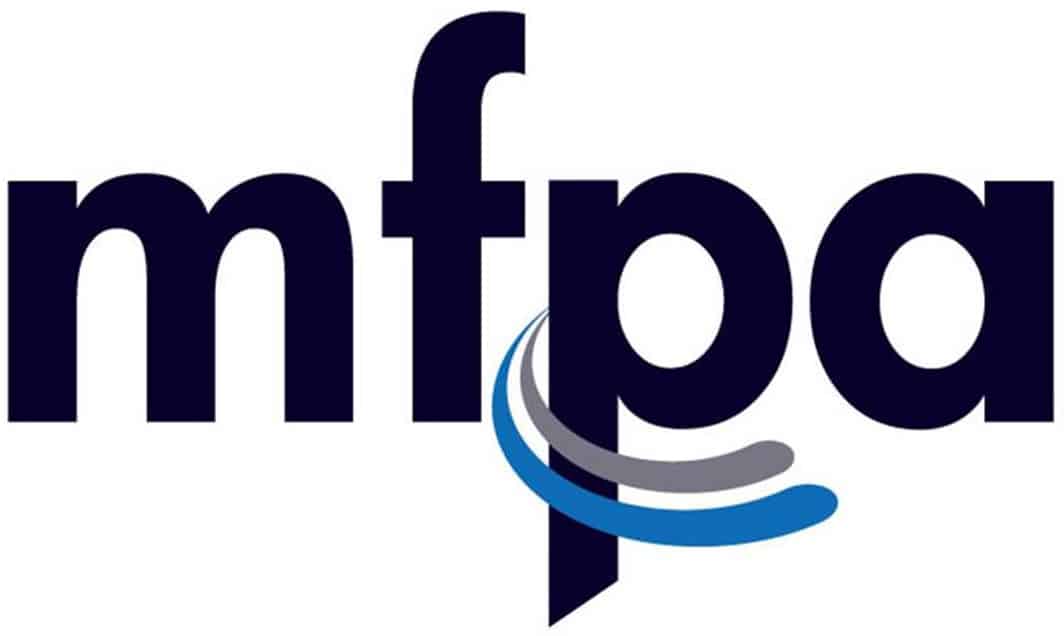
Offering A Better Service To Citizens
The meeting focused on EU membership achievements and challenges, setting a framework for demand and offer and how to improve and maximise the encounter of demand and offer.
Group III, within the European Economic and Social Committee, held an extraordinary meeting in Malta on 23 March 2017. The topic of discussion was Offering a Better Service to Citizens. The meeting was opened by Hon. Joseph Muscat, Prime Minister of Malta. ECEPE core group member Mr Ben Rizzo chaired one of the sessions. Other ECEPE core members, Dr David Fabri, Prof Theodoros Koutroubas and Ing Helga Pizzuto, addressed the audience. The meeting focussed on EU membership achievements and challenges, setting a framework for demand and offer and how to improve and maximise the encounter of demand and offer.
This event was held as part of the Malta EU Presidency calendar. Click here for more information.






